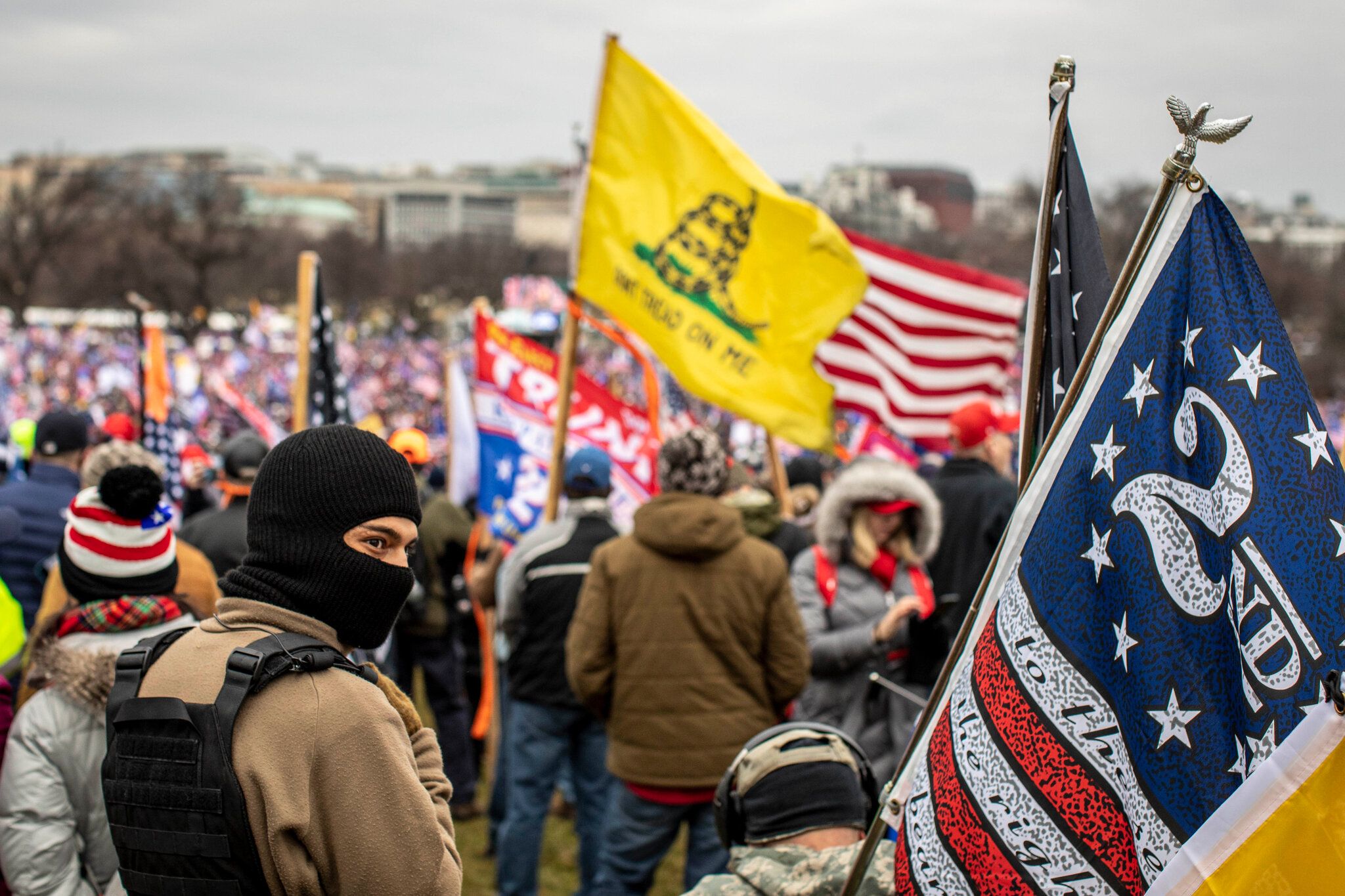This piece is published with the generous permission of John Della Volpe. To read more of his outstanding writing and analysis, visit JDVonGenZ+.
By John Della Volpe
As Pride Month kicks off, sadly, so too has a new round of political attacks on the LGBTQ+ community and its advocates. Buried behind the headlines of Anheuser-Busch’s sinking stock is the reality that legislators in 46 states have introduced more than 650 anti-LGBTQ bills, many of them targeting youth.
Across right-wing media, many prominent personalities are not even hiding their dream of driving more wedges in our already anxious and divided country. “The goal is to make ‘pride’ toxic for brands,” Matt Walsh from the Daily Wire tweeted. “If they decide to shove this garbage in our face, they should know that they’ll pay a price. It won’t be worth whatever they think they’ll gain.”
Clearly, feeling buoyed from their success at reversing 50 years of precedent in the Supreme Court last year, the far right smelled blood after breaking Bud Light and have their eyes set on Target, Kohl’s, The North Face, and other brands that boost visibility, acceptance, and equality for our friends, family members, and fellow citizens who identify as LGBTQ+ individuals.
As a pollster, my role primarily involves being a listener. Recently, I have noticed both the things I hear and the things that are noticeably absent. What seems lacking is a sufficient number of voices speaking out against those who exploit vulnerable young individuals for political gain, using them as pawns to secure endorsements from barely read editorial pages in Iowa and New Hampshire, or to secure campaign funds from Leonard Leo and his crew.
This is what I do hear.
Less than 75% of Gen Z put themselves in the straight or heterosexual bucket, and 4% identify as transgender or nonbinary, according to our last Harvard Youth Poll. Those in Gen Z are more than twice as likely (12 percent) as millennials to self-identify as bisexual, and six times as likely as Generation X. About one-third of Gen Zers say they know someone who prefers to use gender-neutral pronouns; this compares to a quarter of millennials and 16 percent of Gen Xers who say the same.
And when people of influence knowingly poke at this group’s vulnerabilities, they should know:
In the spring 2022 Harvard poll, my students found that a staggering 78% of young LGBTQ Americans felt under attack in America because of their sexual orientation: 45% a lot, 33% a little.
In an early 2023 survey conducted by the Trevor Project, researchers found 75% of LGBTQ youth say that both anti-LGBTQ hate crimes and threats of violence against LGBTQ spaces often give them stress or anxiety.
And as I’m often reminded, you’re not paranoid if someone is actually after you, recent academic and government research indicates an alarming rise in both anti-LGBTQ rhetoric and hate crime victimization among LGBTQ individuals. This increase can be observed in the bombast of presidential hopefuls, lawmakers, social media trolls, and instances of physical violence.
Despite the concerns I have for the mental health of young people, especially young people from the LGBTQ community, what fuels my optimism is their resilience.
These right-wing attacks on our most vulnerable need to stop; they’re making us sick.
A growing body of research has tracked the detrimental impacts of far-right, culture war-related stress on broad segments of the American population, from young adults to women, to racial and LGBT communities. Other studies confirmed these insights, showing how major sociopolitical events can affect individuals’ psychology and physiology, with age-related vulnerability as a factor.
“Although young adults usually think of stressors as the personal problems, imminent threats, or daily hassles that penetrate their everyday lives,” Fordham University professor Lindsay T. Hoyt noted that her research “suggests that macro-level events (at a national scale) can influence health and well-being."
So, let’s all take the advice of the TSA: when you see something (or someone or some group) being bullied, say something.




